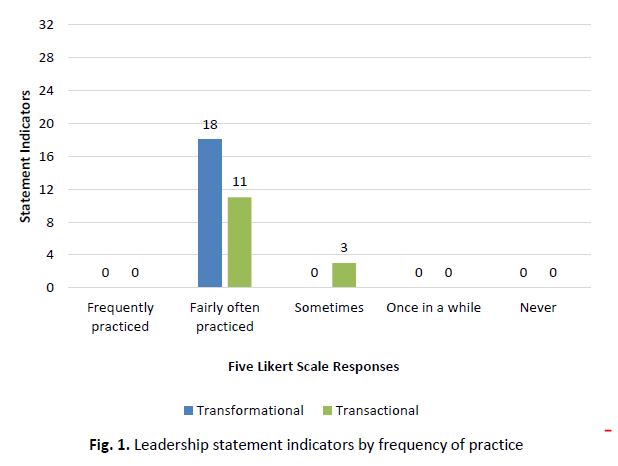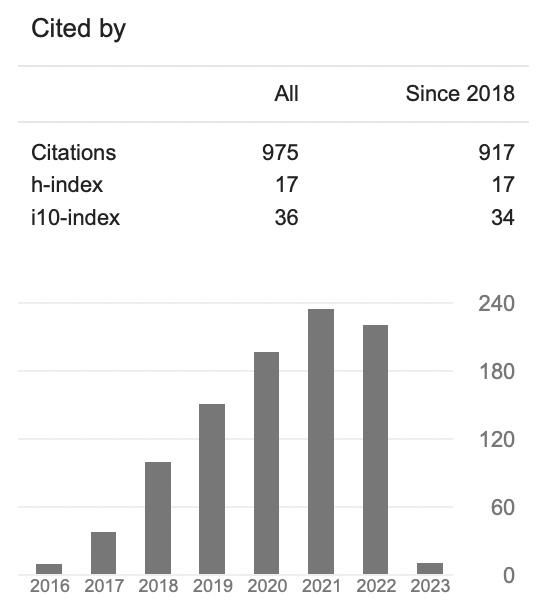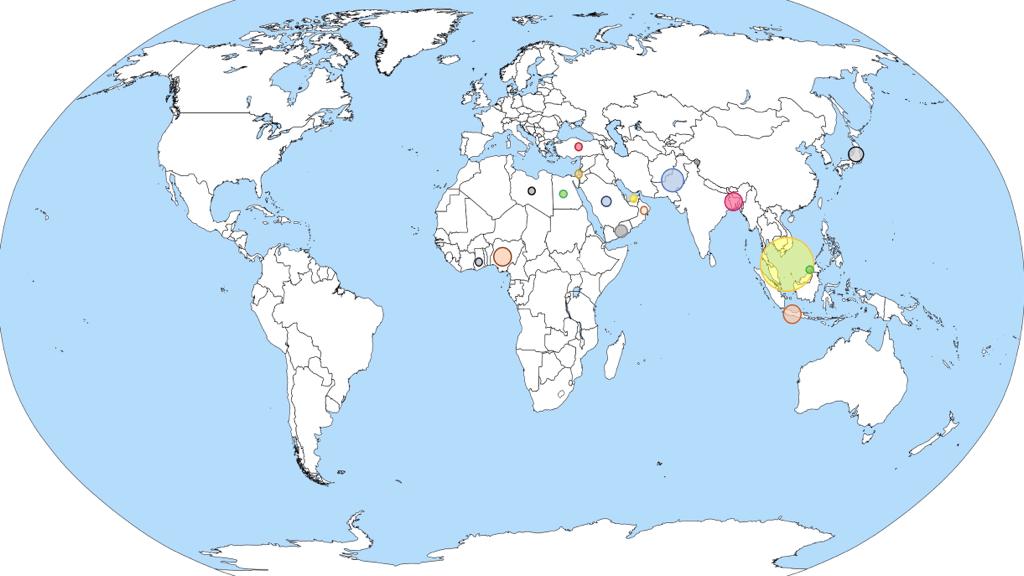Leadership Styles, Emotional Intelligence and Personality Traits of Muslim Women Academic Heads of the Mindanao State University and their Correlation with Organizational Performance
DOI:
https://doi.org/10.37934/arbms.35.1.1119Keywords:
Leadership style, emotional intelligence, personality traitsAbstract
The study identified the leadership style, emotional intelligence and personality traits of the Muslim women deans of the Mindanao State University, the biggest state University in Southern Mindanao, and their correlation with organizational performance. The respondents of the study were the faculty members of the four colleges of the University under the leadership of a Muslim woman dean. The study disclosed that the women deans practiced more of transformational than the transactional leadership style. Transformational leadership was the preferred and widely practiced style among these deans, according to nearly all the faculty respondents. In terms of organizational performance, the faculty respondents rated their Muslim women deans as highly effective. Using McKinsey's 7S model, the deans were rated highest in skills, followed by shared values, style, strategy, system, and staff, in descending order. This indicates that the deans excel in various aspects of organizational management. The study also established correlations between these elements based on the data obtained through the use of four standardized questionnaires such as the Bass multi-factor leadership instrument and Mckinsey’s 7S model. Moreover, the study revealed that there is a moderate positive correlation between leadership style and organizational performance, another moderate positive correlation between personality traits and organizational performance, but a low positive correlation between emotional intelligence and organizational performance. This suggests that leadership style and personality traits play a more significant role in influencing organizational performance than emotional intelligence. In conclusion, it can be hypothetically argued that the Muslim women deans under study were more inclined to embrace transformational leadership, emphasizing emotional intelligence and displaying favourable personality traits.

















